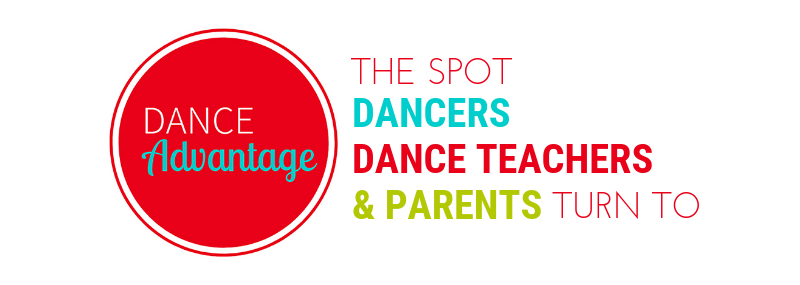
- Image via Wikipedia
I’m a fan of College Parent Central, a blog mainly written for parents of college students. Blogger, Vicki Nelson recently did a three-part series about “Helicopter Parents.” As I read the articles, the dreaded term “stage mom” came to mind. Parents of university-bound students are not the only ones who “hover,” and therefore, Vicki’s positive message about redefining and examining parental involvement in a child’s life certainly has applications in the dance world. So, I thought I’d share these articles with you – just follow the links below. Enjoy!
Affirming “Helicopter Parents”: Redefining the Title
This is the first of three posts that consider the concept of college helicopter parents. The concept is certainly not new, but it warrants continual examination – and sometimes redefinition. In this post, we look at the definition of helicopter parents, as well as some of the motivation behind parental hovering. In our next post, we will examine who helicopter parents are and how they operate, and in our final post, we will consider the consequences of helicoptering and suggest some possible ways in which parents might hover productively.
Is all hovering bad? What are the negatives? The positives?
How involved should a parent be in a child’s dance education?
What are the indicators that a parent’s hovering is producing negative results?
Parents, students, and teachers, I welcome your thoughts on the subject!
Nichelle Suzanne is a writer specializing in dance and online content. She is also a dance instructor with over 20 years experience teaching in dance studios, community programs, and colleges. She began Dance Advantage in 2008, equipped with a passion for movement education and an intuitive sense that a blog could bring dancers together. As a Houston-based dance writer, Nichelle covers dance performance for Dance Source Houston, Arts+Culture Texas, and other publications. She is a leader in social media within the dance community and has presented on blogging for dance organizations, including Dance/USA. Nichelle provides web consulting and writing services for dancers, dance schools and studios, and those beyond the dance world. Read Nichelle’s posts.

![Reblog this post [with Zemanta]](https://img.zemanta.com/reblog_c.png?x-id=6e8205d0-8e51-4506-8653-768ffdae2dce)
